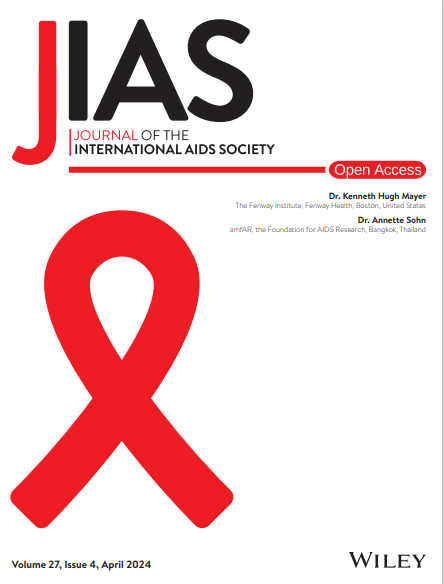A global review of national guidelines of post-exposure prophylaxis for the prevention of HIV
Abstract
Introduction
The World Health Organization (WHO) recommends the use of antiretroviral drugs as post-exposure prophylaxis (PEP) for preventing HIV acquisition for occupational and non-occupational exposures. To inform the development of global WHO recommendations on PEP, we reviewed national guidelines of PEP for their recommendations.
Methods
Policies addressing PEP from 38 WHO HIV priority countries were obtained by searching governmental and non-governmental websites and consulting country and regional experts; these countries were selected based on HIV burden, new HIV acquisitions and the number of HIV-associated deaths. We reviewed national guidelines to collate data on where PEP can be offered, who can prescribe PEP, PEP eligibility, recommended drug regime, linkage to other interventions, recommended investigations prescribed with PEP, HIV self-test recommendation related to PEP and stopping rules for PEP.
Results
In total, 46 guidelines from January 2010 to May 2023 across 36 countries were included, with 70% of documents published during or after 2020. There was significant variation across national guidelines regarding where PEP can be accessed and who can provide or prescribe PEP. Six countries (17%) described being able to access PEP from a primary care facility, four countries (11%) from hospitals and two (6%) from community-based services. Only three countries (8%) specifically considered dispensing PEP by professionals other than doctors (e.g. nurses). None mentioned pharmacists as prescribers. We found a lack of consistency across countries regarding who is eligible for PEP, regimens used, interventions integrated into PEP provision and recommended investigations for PEP users. No country guidance provided considerations on using HIV self-tests for starting or stopping PEP.
Discussion
Despite PEP being recommended for more than three decades, many national policies were lacking in terms of PEP guidance. There are opportunities for countries to update and optimize guidance to consider ways to improve the accessibility of PEP. Greater efforts are needed to support the development of global consensus on how best to implement and integrate PEP, as well as how to include decentralization and task-sharing to achieve sufficient scale for impact.
Conclusions
Improving timely access to PEP and promoting PEP adherence could help contribute to reducing the incidence of HIV globally.


 求助内容:
求助内容: 应助结果提醒方式:
应助结果提醒方式:


